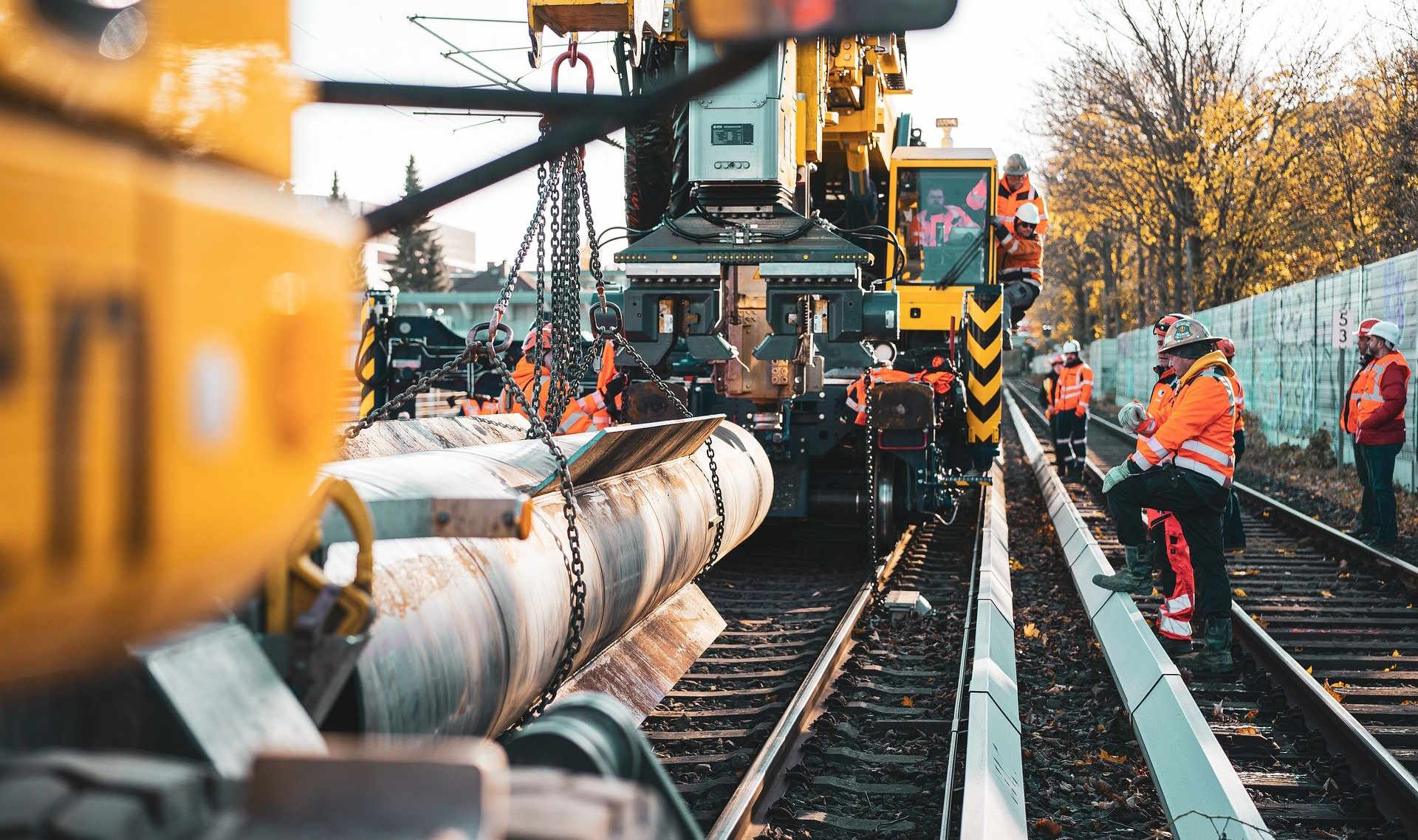Construction Jobs: Building the Future with High-Value Opportunities
A construction job is more than just manual labor; it is the backbone of creating infrastructure that shapes our lives. Whether building homes, offices, or large-scale industrial projects, construction jobs offer diverse opportunities for those skilled in various trades such as carpentry, masonry, or plumbing. These roles require physical endurance, technical expertise, and a dedication to safety and quality.

The Future of Construction: Emerging Trends and Career Opportunities
The construction industry is undergoing a significant transformation, driven by technological advancements, sustainability concerns, and changing workforce dynamics. As the sector evolves, so do the career opportunities within it. This article explores the future of construction, highlighting emerging trends and the exciting career paths that await those interested in this dynamic field.
Technological Revolution in Construction
The construction industry is embracing cutting-edge technologies that are revolutionizing traditional practices. Building Information Modeling (BIM) has become an essential tool, allowing for better project visualization, collaboration, and efficiency. Virtual and augmented reality are being used for training, design reviews, and on-site problem-solving. Drones are increasingly employed for site surveys, progress monitoring, and safety inspections. As these technologies become more prevalent, professionals with expertise in digital tools and data analysis are in high demand.
Sustainable Building Practices
Sustainability has become a cornerstone of modern construction. Green building techniques, energy-efficient designs, and eco-friendly materials are now standard requirements in many projects. The push for sustainability has created new roles such as sustainability consultants, green building specialists, and environmental impact assessors. Professionals who can integrate sustainable practices into construction projects will find themselves at the forefront of the industry’s future.
Modular and Prefabricated Construction
The rise of modular and prefabricated construction methods is changing the way buildings are designed and assembled. These approaches offer benefits such as reduced construction time, improved quality control, and minimized on-site waste. As this trend grows, careers in off-site manufacturing, logistics, and assembly are becoming increasingly important. Engineers and architects specializing in modular design are also in high demand.
Robotics and Automation
Robotics and automation are making their way onto construction sites, performing tasks ranging from bricklaying to welding. While some may fear job displacement, this trend is actually creating new opportunities. Skilled workers who can operate, maintain, and program these advanced machines are becoming invaluable. Additionally, roles in robotics development and integration specific to the construction industry are emerging.
The Changing Face of Construction Careers
The construction industry is evolving, and so are the skills needed to excel in it. Here are some interesting facts and emerging career paths:
- Digital skills are becoming as important as traditional trade skills
- Project managers with both technical and soft skills are in high demand
- Data analysts are increasingly crucial for optimizing construction processes
- Cybersecurity specialists are needed to protect smart building systems
- Virtual design and construction (VDC) coordinators are essential for modern projects
- Drone pilots and data interpreters are becoming standard on many job sites
- Sustainability managers are key players in ensuring eco-friendly construction practices
Smart Buildings and Infrastructure
The concept of smart buildings and infrastructure is reshaping the construction landscape. These structures incorporate advanced technologies for energy management, security, and occupant comfort. The Internet of Things (IoT) plays a crucial role in connecting various building systems. This trend has given rise to new career opportunities such as smart building technicians, IoT specialists, and systems integrators. Professionals who can bridge the gap between construction and information technology are particularly sought after.
Construction Job Market Analysis
To provide a comprehensive view of the construction job market, let’s examine some of the most in-demand roles and their estimated salaries:
| Job Title | Description | Estimated Salary Range (USD) |
|---|---|---|
| BIM Manager | Oversees Building Information Modeling processes | 70,000 - 120,000 |
| Sustainability Consultant | Advises on green building practices | 60,000 - 100,000 |
| Robotics Engineer (Construction) | Develops and maintains construction robots | 80,000 - 130,000 |
| VDC Coordinator | Manages virtual design and construction | 65,000 - 110,000 |
| Smart Building Technician | Installs and maintains smart building systems | 50,000 - 90,000 |
Note: These salary ranges are estimates and may vary based on location, experience, and specific employer. It is encouraged to conduct independent research for more accurate and up-to-date information.
The future of construction is bright, with technology and sustainability driving innovation and creating exciting career opportunities. As the industry continues to evolve, professionals who adapt to these changes and acquire new skills will find themselves well-positioned for success. Whether you’re interested in digital technologies, green building practices, or cutting-edge engineering, the construction sector offers a diverse range of career paths that are both challenging and rewarding.
The shared information of this article is up-to-date as of the publishing date. For more up-to-date information, please conduct own research.




